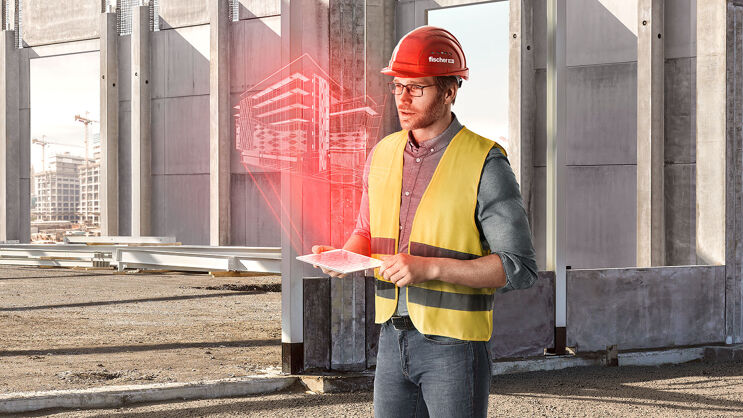BauBot
Productivity and safety through digitization and automation.
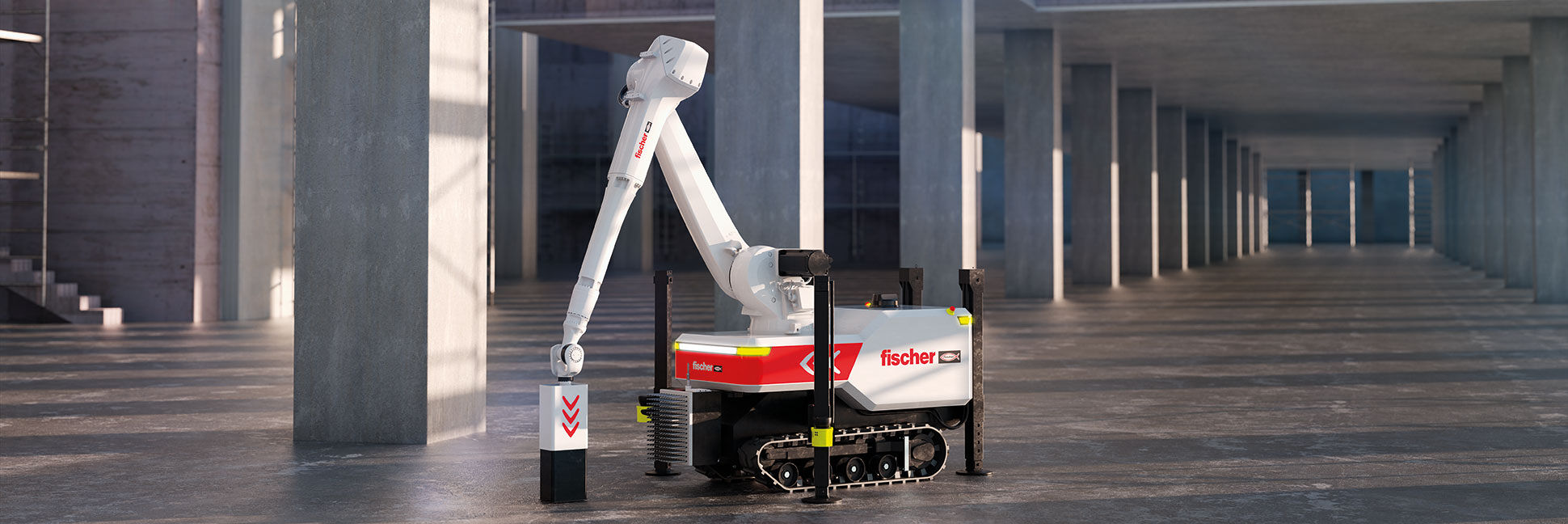
By using the fully automatic fastening robot in combination with a digital construction plan, you are able to automate your construction site processes. This results in large increases in productivity. Through precise drilling and setting of anchors in the right place defined in the construction plan, rework and delays can be avoided. This is even further optimized by a complete simulation of the drilling and setting processes of the robot before the execution has started. Exceeding budgets and delays in the project schedule will be reduced or even avoided.
It is more important than ever in times of a shortage of skilled workers to support your team. The fischer BauBot takes on physically demanding, exhausting tasks and reduces the risk of injury. With the integrated dust extraction system the robot makes a great contribution to the dust-free construction site and thus ensures a cleaner and healthier working environment.
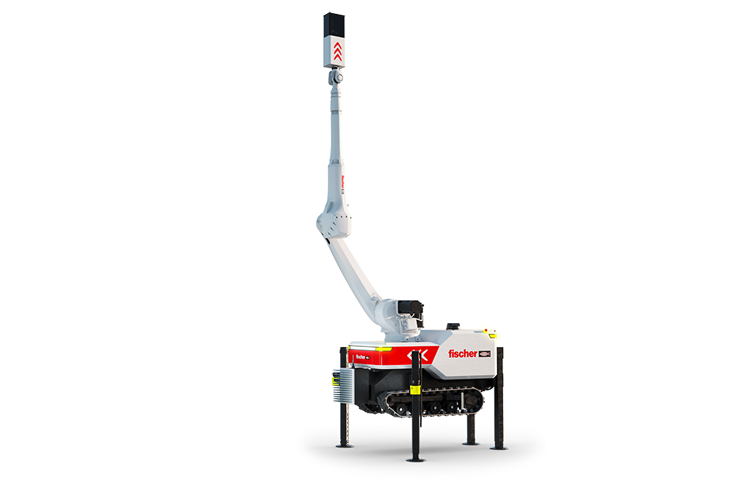
Through the use of innovative sensors, the robot detects any deviation from the standard drilling and setting process and responds with a predefined strategy. The process parameters of each step are documented in the BIM-model. A complex manual documentation can be omitted. To ensure safety during operation the robot is always operated and supervised by an fischer operator. In addition, the robot is equipped with LiDAR-sensors that create a security zone around the robot to prevent unauthorized entry to the working area of the robot.
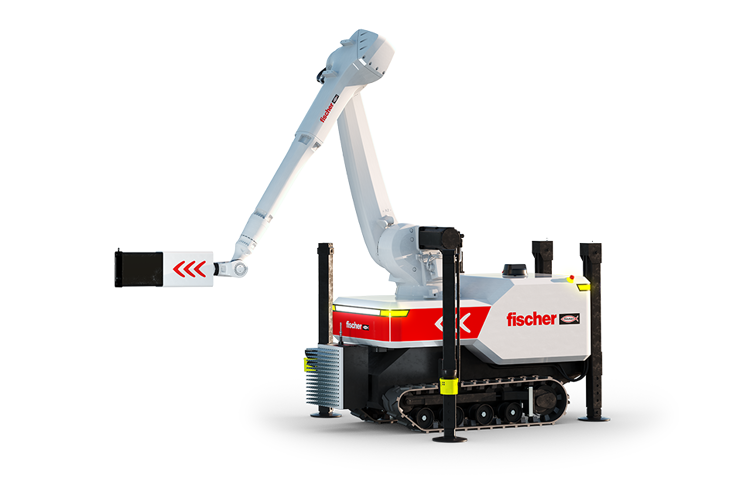
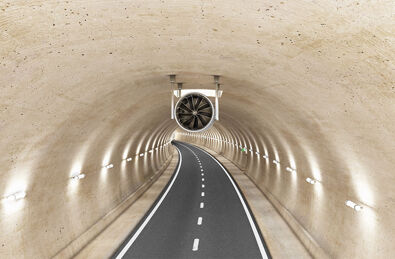
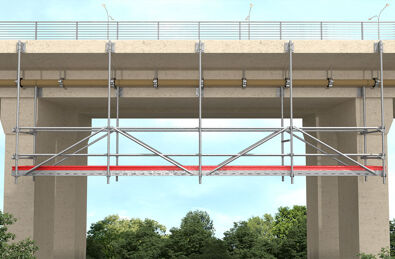
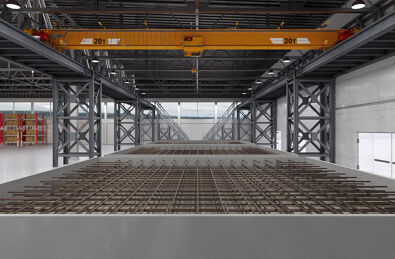
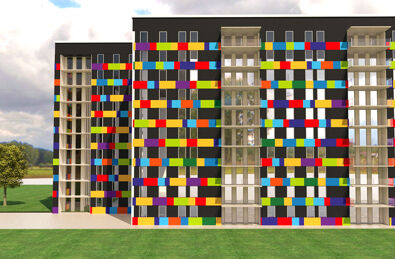

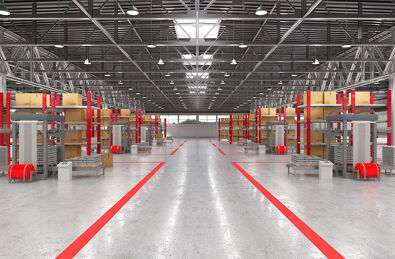
All relevant fischer products are available as a digital model with all it’s basic attributes. That is the premise for cost-efficient planning and construction in the BIM-model and on site.
Due to the 3D scanning, the real environment becomes a digital twin. With Field to BIM we enable precise modelling, also in the case of renovation or expansion measures.
More information